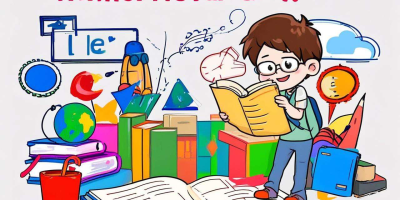Do you have knowledge? This simple yet profound question lies at the heart of our intellectual pursuits and interactions. In a world brimming with information, the acquisition and utilization of knowledge have become crucial aspects of our personal and professional growth.
Knowledge is not merely the accumulation of facts and figures; it is a dynamic force that empowers us to understand the world around us, make informed decisions, and solve complex problems. It broadens our perspectives, challenges our assumptions, and enables us to see beyond the surface. Through learning, we gain insights into different cultures, historical events, scientific principles, and human behavior, enriching our understanding of the human experience.
One of the remarkable aspects of knowledge is its ability to transform lives. It opens doors to new opportunities, whether it's in the form of educational advancements, career prospects, or personal fulfillment. With knowledge, we can pursue our passions, develop new skills, and contribute meaningfully to society. It equips us with the tools to adapt to change, innovate, and drive progress in various fields.
Moreover, knowledge fosters critical thinking and problem-solving abilities. It encourages us to yze information, evaluate different perspectives, and draw logical conclusions. By questioning the status quo and seeking evidence-based answers, we can overcome challenges and find creative solutions to complex issues. This not only benefits us individually but also has a positive impact on the communities and societies we belong to.

In the digital age, the access to knowledge has become more widespread than ever before. The internet has revolutionized the way we learn, providing us with instant access to a vast repository of information. Online courses, educational platforms, and digital libraries offer opportunities for people of all ages and backgrounds to expand their knowledge and skills. However, with this abundance of information comes the responsibility to discern reliable sources and ensure the accuracy of the knowledge we acquire.
Continuous learning is essential in today's rapidly evolving world. We must stay curious, embrace new technologies, and adapt to changing circumstances. Whether it's through formal education, self-study, or experiential learning, we need to make a commitment to lifelong learning. By doing so, we can stay relevant, enhance our employability, and remain intellectually engaged.
Furthermore, knowledge is not something to be hoarded but shared. When we share our knowledge with others, we not only contribute to their growth but also expand our own understanding. Collaboration and the exchange of ideas are fundamental to the advancement of knowledge. By working together, we can build on each other's strengths, challenge each other's thinking, and achieve greater heights.
In conclusion, the question "Do you have knowledge?" serves as a reminder of the importance of knowledge in our lives. It is a valuable asset that enriches our experiences, empowers us to make a difference, and drives the progress of society. Let us embrace the pursuit of knowledge with enthusiasm, curiosity, and a commitment to lifelong learning. By doing so, we can unlock our full potential and create a brighter future for ourselves and generations to come. Whether it's through exploring new subjects, engaging in meaningful discussions, or applying our knowledge in practical ways, let us strive to be lifelong learners and knowledge seekers. For it is through knowledge that we can truly understand the world, connect with others, and make a lasting impact. So, let us ask ourselves this question regularly and take action to expand our knowledge horizons, for the journey of learning is a never-ending adventure filled with endless possibilities.